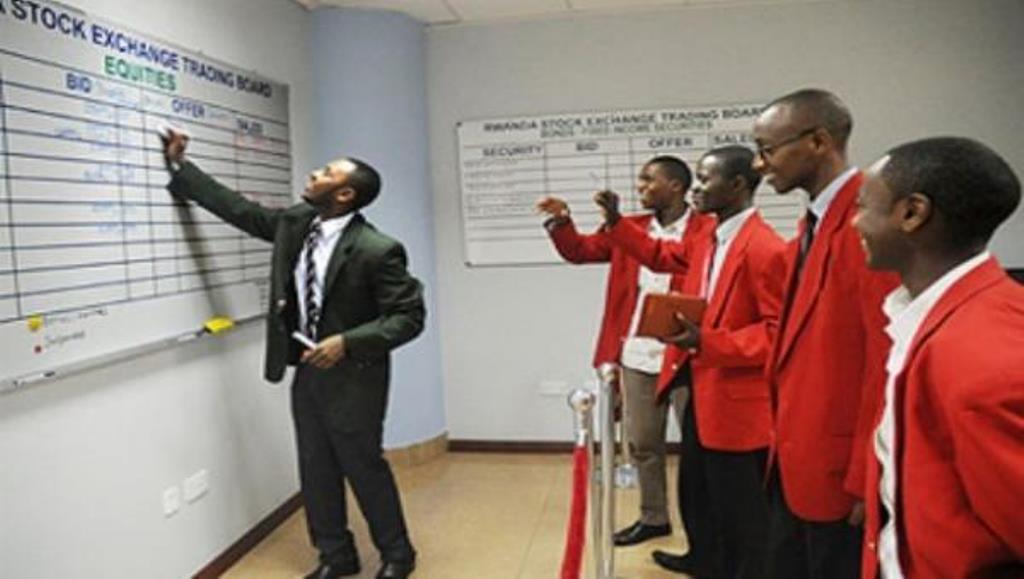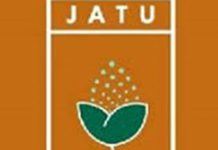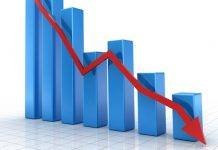AfricaPress-Tanzania: THE Tanzania Share Index (TSI), tracking only DSE domestic equities, climbed 1.86 per cent year to date and distinguish from the rest in East African bloc despite coronavirus impact.
The Dar es Salaam Stock Exchange’s TSI, despite the country to register 12 cases, climbed to 3,499.03 points yesterday portraying isolation of the local listed stocks against the virus contagious effects on global exchanges.
The bullish trend mostly attributed to movements on DSE plc. and CRDB Bank which was significantly undervalued, and still was, for the most part of 2019.
Orbit Securities Head of Research and Financial AnalyticsImani Muhingo said on face value DSE may seems stable, but the reason the market was inverse to the rest of the region and world is the price determination rules that limit price movement especially on the downside.
“At face value this may seem as stability but it is serious inefficiency and market failure,” Orbit head of analysis said yesterday.
He said provided that domestic corona cases remain minimal, such low interest rate in developed economies raises appetite of assets in emerging markets.
“[But] when all the dust finally settles and investors begin the shift of cheap funds fetching high returns in emerging markets, DSE shall be unattractive and most likely left out on the most part,” Mr Muhingo said.
The domestic market has joined the likes of Zimbabwe Stock Exchange and Rwanda Stock Exchange, as it remains fairly stagnant while the rest of the world was significantly declining.
Kenya and Uganda are both down 17 per cent since mid-February while Rwanda has climbed 10.8 per cent.
Although the Dar’s All Share Index (DSEI) dropped 10.5per cent during the meltdown, it is mostly dragged by the six cross listed equities from Nairobi.
“The opportunity cost of the current rigidity on domestic counters is further declining in equity turnovers and market activities as off-market transactions are drying off,” the report showed. All African markets, except for three, are on a negative territory year to date.
Largest markets are the most hit. The Egyptian stock exchange hit a circuit breaker twice in two weeks while the Nairobi Securities Exchange did the same in the first half of this month.
The Nigerian Stock Exchange dropped 18 per cent in a month, highly correlated to the price of oil. While, the Johannesburg Exchange was down almost 30 per cent after a massive sell-off hit an already fragile economy.
Johannesburg, Namibia and Egypt all wiped out a third of their capitalization in a month.
In Q4 of last year, said OmbeniUhuru, Senior Investment Analyst at Tanzania securities, the equity market experienced an upward trend spearheaded by increased foreign investors’ participation at the bourse.
“Equity market performance in 2019 was highly driven by the appetite of foreign investors for local stocks and positive expectation on the overall performance of the economy, which drives the market upwards,” Mr Uhuru said.
However, some recovery ofAfrican market was seen during the end of last year and beginning of this year but all of the gains have been wiped out in the current meltdown.
The Tanzanian market has been rigid during all this period, recording minimal mixed movement of the domestic index.







